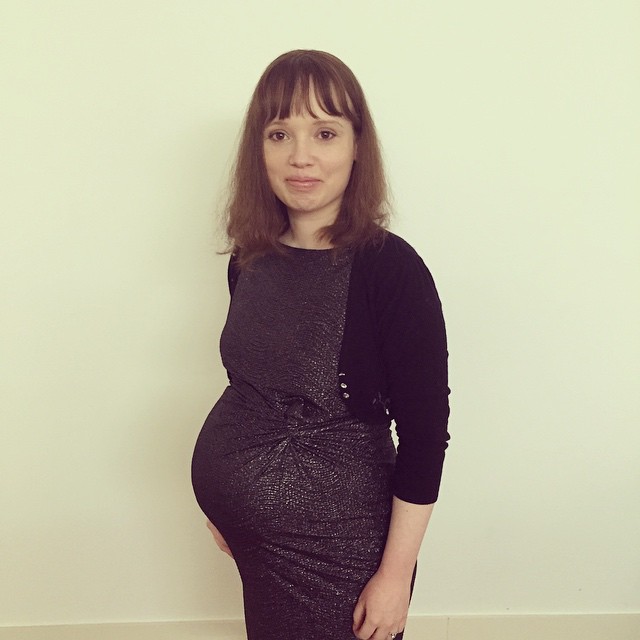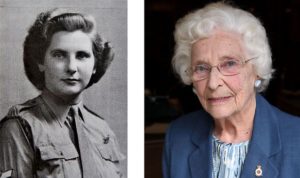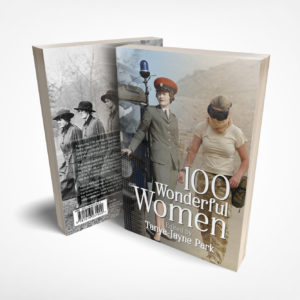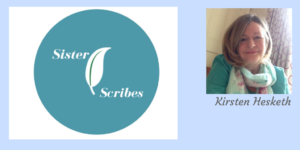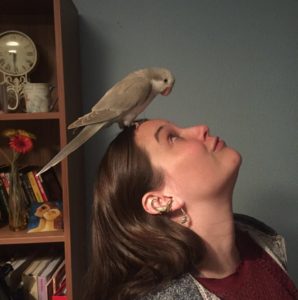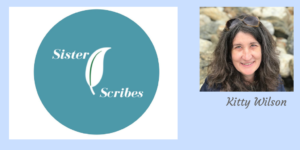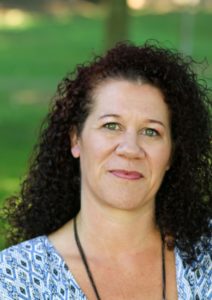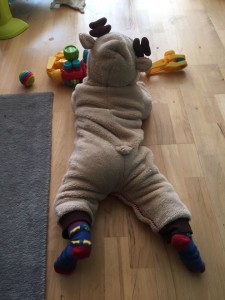As the first ever stage production of Enid Blyton’s Malory Towers embarks on a national tour, Director Emma Rice tells Vicky Edwards why these classic stories are an enduring delight…
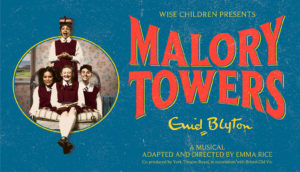
I’ve always thought optimism a lovely trait. Not only do the ‘glass half full’ brigade seem better equipped to withstand life’s slings and arrows, but their sanguinity is also marvellously contagious; even die-hard Eeyores struggle to maintain despondency when in the company of a fully-buoyant bright-sider. In literature, Malory Towers is the epitome of optimism. Nobody better, therefore, to adapt the original work and direct it than Wise Children’s super-sunny Emma Rice.
Co-produced with York Theatre Royal in association with Bristol Old Vic, and officially licensed by Enid Blyton Entertainment, a division of Hachette Children’s Group (HCG), Malory Towers is the original post war ‘Girl Power’ story. The high jinks of pupils at the Cornish boarding school have thrilled readers ever since the first story was published in 1946 – didn’t we all yearn to join in the midnight feasts and yell ‘Play Up, Malory Towers!’ at nail-biting lacrosse matches? The books remain hugely popular, with new generations devouring them and dreaming of being sent away to boarding school with an overflowing tuck box.
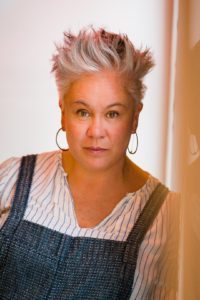
Emma Rice credit Steve Tanner
“But there is plenty for boys too,” urges Emma, in exuberant form after a productive week of rehearsals. “The only thing that would disappoint me would be if people didn’t bring their boys,” she added, promising a show that delivers plenty of thrills and spills.
“The animation is fantastic – we see the train arriving at the Cornish coast – and then there is a real cliff hanger just before the interval. We have just been rehearsing that bit today and it’s like Ben Hur!”
Described as ‘nostalgic, naughty and perfect for now,’ what initially appealed to Emma about the project?
“The Malory Towers books are great stories filled with great characters who don’t seem to age at all. It is very hopeful and I think that is right for now. I call it my happy Lord of the Flies: when left to their own devices, a group of girls decide to be the best version of themselves they possibly can be. They want to change the world and be women the world can lean on; they want to resolve conflict. They never talk about boys and they aren’t boring!”
Interestingly, Emma is a relatively new convert to Blyton’s best-loved school stories.
“I’ve worked with David [producer David Pugh] many times. He has great taste and he knows me so well, damn him!”
Laughing, she recalled how David piqued her interest by wooing her with a vintage set of the books, beautifully wrapped in brown paper.
“As soon as I read the first one I just knew they would make a great piece of theatre. They’re such page turners, the characters are so well observed and the powerful feminine voice comes through with such positivity.”
Anyone familiar with Emma’s work will know that music is an integral part of her productions.
“There is always lots of music with me,” she agreed cheerfully, “but I wanted the music in Malory Towers to be virtuosic; simple, but showing how rich the world is. There are some new compositions by Ian Ross and it’s a real musical feast,” she teased; “and it has got fantastic dancing, too. The choreography is incredible. I wanted my Malory Towers to be like Busby Berkeley, but in an earthy, feminist way!”
If the music is a feast then the actors Emma has assembled are a veritable banquet (‘simply top hole,’ as Darrell and her chums might say), and, refreshingly, it was achieved through a ‘character-over-looks’ approach to casting.
“For me, casting is always about getting the right personalities and the people who absolutely capture the spirit of the characters.” As proud as a Head Teacher with an intake of straight ‘A’ students, she adds: “My company comprises a range of actors with different backgrounds.
Gymslip clad, Emma’s performers will transport audiences to 1950s Cornwall where Darrell Rivers is embarking on her Malory Towers adventure. Bright, loyal and big-hearted, her fast and fiery temper is something she must learn to master. And, while she’s about it, can she save the school play and rescue terrified Mary Lou from the grip of a raging storm? Crikey!
But amid all the drama and japes runs Emma’s affection and regard for the generation of women who taught in schools in the wake of warfare.
“With lives shaped by the savagery of two wars, they devoted themselves to the education and nurture of other women. My Malory Towers is for them, and also for the two generations of men that died in those same wars, leaving us with the freedom to lead meaningful, safe and empowered lives. And it is for Clement Attlee and his Labour government of 1945 who looked into the face of evil and chose to do what was right. These people changed the political landscape in their focus on care, compassion and the common good. Malory Towers was written at the heart of this political revolution, and embodies a kindness, hope and love of life that knocks my socks off.”
Something else Emma is passionate about is the work of her company, Wise Children.
“We want to make fantastic world class ensemble theatre based on storytelling techniques that I have developed over my career, and at the same time teach the next generation of creative theatre makers. And we want to create access for people who might not be able to access theatre training,” she told me, explaining that there are free places given to those for whom such aspirations would otherwise be impossible.
Vowing to raid my daughter’s bookshelf and get reacquainted with Blyton’s finest work, on my way home I imagined what Miss Grayling’s comment on Emma’s end of term report might have been:
‘A splendid Head Girl who can surely be depended upon to lead Malory Towers to victory. Jolly good show, Emma!’
©Vicky Edwards

